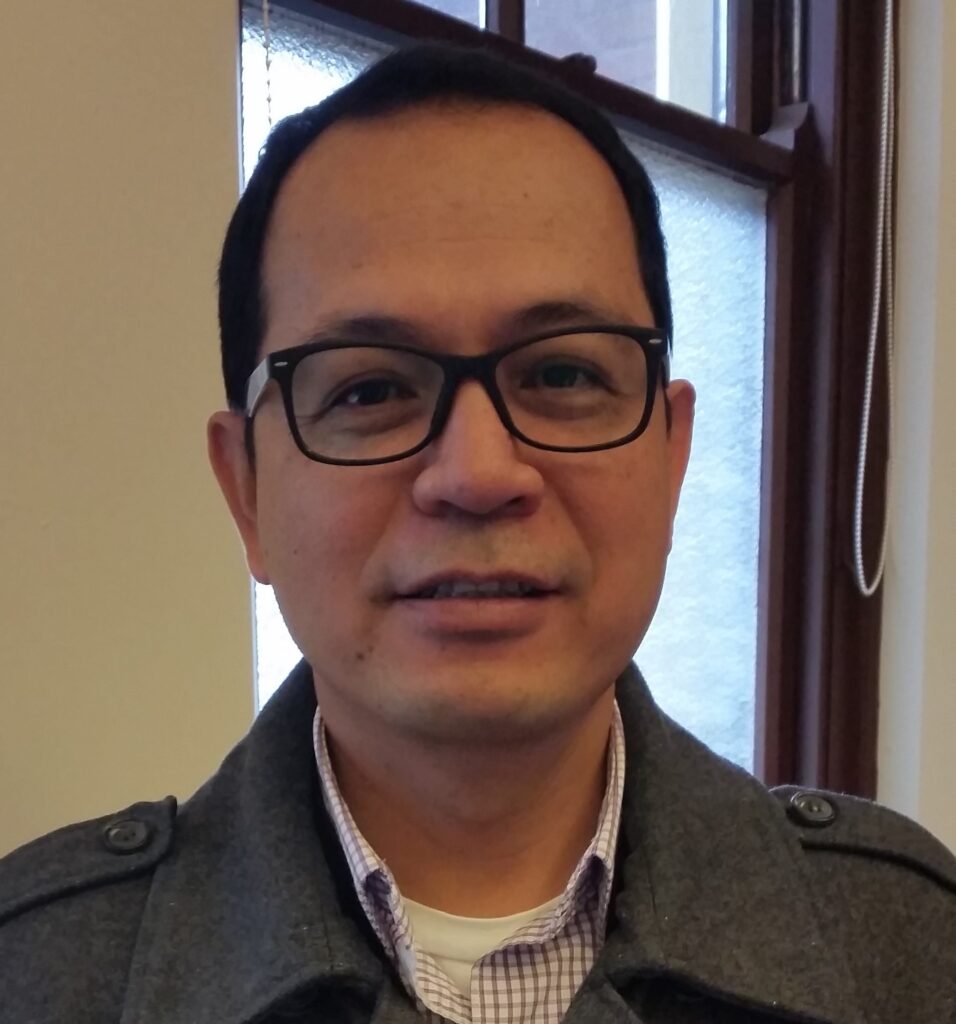
I was privileged to be part of the First Perth Filipino Community Symposium held in June this year. It was a historic event and a considerable success. The talk delivered by Mr Tony Meloto and his team – on their firsthand experiences of the Christian imperative to reach out to those in need – was very uplifting. I was also awe-inspired by the presentations of the other resource speakers, particularly Ms Ruth Lopez’s talk on the history of Filipino migration in Western Australia, which I found to be an absolute eye-opener. Ms Lopez notably concluded her presentation with a threefold challenge for the WA Filipino migrant community. I found the challenges worthy of reflection and response. Allow me, then, in attempting to inject sense and meaning to our existence in this great south land, to expound a little bit more on those points.
First Challenge: How can Filipinos as a group be able to make a significant contribution to the wider multicultural WA community. Much has been said already about the role of Filipinos in Australian society. Recent national figures indicate that we are the third largest growing ethnic migration group in Australia. If this trend continues, we will undoubtedly be a force potentially impacting the broader spectrum of Australian society, and definitely contributing to the progress of this country.
We are generally known for our diligent work ethics, as well as for our values and religion. Time and again I have mentioned that one of our greatest contributions to Australia is our Faith. As an inner city parish priest, I can attest to the fact that our presence has been felt across the Archdiocese. In fact, certain churches are still maintained only because of Filipinos. We have become missionaries in this our second home. Yet, we must realise that attendance to weekly masses is not enough. The challenge is to get involved in the very parishes and communities to which we belong. While it is true that our main reason for migrating is to look for greener pasture, as a pilgrim people our baptismal commitment calls us to be assimilated and to immerse ourselves into the inner fabric of Australian society, including our parish communities. Our Christian calling is not just to enrich ourselves, acquire luxurious houses, expensive cars and jewelries, tour a the world, have a good life, and support our families back home. We have a higher mission to fulfil. Instead of isolation, the challenge is INTEGRATION.
Second Challenge: How do we look after the welfare of new migrants as well as the ageing population of Filipinos in our respective communities? The ageing issue was not a concern for the wave of Filipino women and families who arrived in the 1970s and 1980s, nor even for the workers and their families who came in the last ten or so years. Yet, this is going to be an issue in the next 20 to 25 years. It is easy to dismiss this need and overlook its urgency, given that Australia’s Aged Care Program is among the best in the world, which will be available to Filipino elderly. Yet let us bear in mind that living in a nursing home is not a Filipino thing. In the Philippines, our old people are not brought to nursing homes. They live with their families. Within the context of our Filipino migrant status here in Australia now, how to address the ageing issue is the issue itself. There are no easy answers. But instead of indifference, we must respond with COMPASSION.
Third Challenge: In what ways and by what means can our migrant community effectively help and connect back to our mother country, especially the younger generation? This third point is likely to be taken as the opposite of the first. As one community leader observed, “Some Filipinos have become more Australians than the real Australians themselves.” I tend to agree. The hard truth is that we tend to forget our roots once we our lives here become so easy and comfortable. However, there are many ways by which we can connect to our native homeland and be of help. Of course, the most common is the practice of sending money home to help family and relations. However, I would say that this is not enough. We may consider connecting with organizations that are involved in welfare programs in the Philippines. Gawad Kalinga and Operation Rainbow are just two examples of such groups. Responding to crises and calamities by supporting fundraising events initiated by WA groups and organizations is a good way to start. We know that our country badly needs our help. Although we are far away, we still can make a difference to the lives of our kababayans. Instead of detachment, the challenge is COLLABORATION.
Editor’s Note: Fr Nelson Po is the parish priest of Notre Dame Catholic Church in Cloverdale WA. He was an industrial engineer by profession before being called to the priestly ministry. Fr Nelson is a straightforward preacher, pragmatic in his approach to changes needed around the sheepfold. Spiritual and scientific at the same time, Fr Nelson sees things as a marriage of progress and tradition. Fr Nelson is in a unique position to communicate with Filipinos on matters of community significance, other than church-related. He is one of the prime movers and convenors of The First Perth Filipino Community Symposium, which seeks to elevate the status of the Filipino in the wider multicultural society of WA. Send a comment or response to Fr Nelson Po at nelson_po2002@yahoo.com

